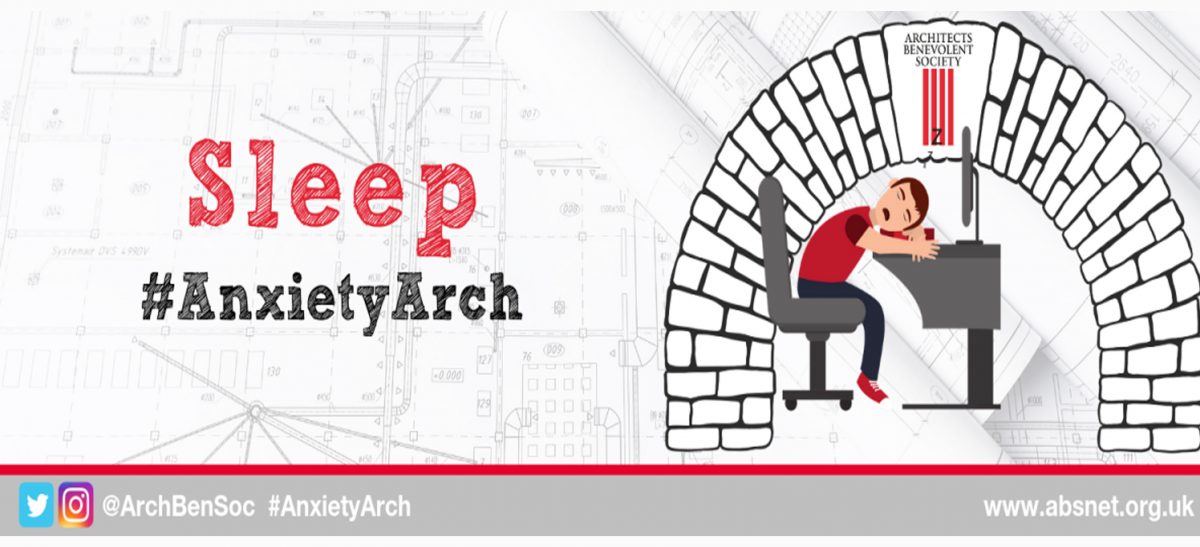Getting a good night’s sleep is important for both our minds and our bodies. The National Sleep Foundation (NSF) recommends adults aged between 18 and 64 should sleep 7-9 hours a day (with those over 65 sleeping 7-8 hours a day). We understand that our sleep patterns can be disturbed in times of stress and have some tips ready to help you get a peaceful night’s rest.
Our Top Tips:
1. A good start if you’re struggling to sleep is to use a sleep diary. The NSF has created one, which you can download from their website. Filling in a sleep diary only takes a few minutes and can help you notice which factors are helping you to sleep well, alongside habits you may need to change in order to promote a healthy sleep pattern.
2. Creating a comfortable sleep environment can result in a better night’s sleep. The NSF recommends keeping the bedroom clean and uncluttered, with interference from outside light and noise kept to a minimum. Blackout curtains and a white noise machine can help make your room more comfortable if you do find that it is too light or too noisy when you go to bed.
3. Using electrical devices before you go to bed (or when you are in bed) can affect your sleep because of the bright blue light emanating from them which stimulates the senses. It is advised that we put down and turn off our electrical devices before we go to bed to give our eyes and mind a chance to rest.
4. If you are struggling to go to sleep and find yourself tossing and turning in frustration, it is a good idea to remove clocks from eyesight. Not being able to see the minutes go by on a clock can help to reduce to stress and help you sleep more naturally.
5. Another top tip if you are feeling stressed when you go to bed is to practice meditation or mindfulness. You can find meditation groups in your local area to join or even use online videos to practice breathing techniques to quieten the mind and help you relax. Apps on your phone, such as ‘Headspace’ or ‘Calm’ can help reduce stress or anxiety.
6. Addicted to tea or coffee? While we often feel we need caffeine to stay awake through the day, consuming too much caffeine can keep us awake at night and leave us feeling groggy (and in need of a pick me up) the next day. As caffeine is a stimulant which can stay in your system for a long time, it’s a good idea to limit your caffeine intake for several hours before you go to bed.
7. Lastly, establishing a regular routine is very helpful for maintaining a healthy sleep pattern. Going to bed and waking up at the same time every day, even on weekends, is beneficial for your internal body clock. Getting into the habit of having a regular, relaxing night time routine is useful too – try taking a bath or listening to some music before heading to bed can help get you ready for a good night’s sleep.








